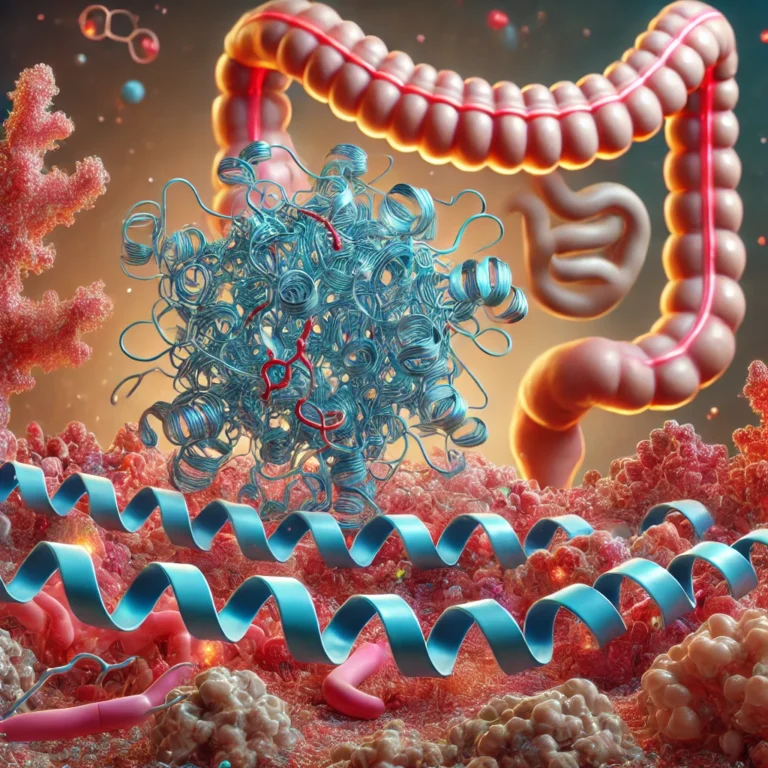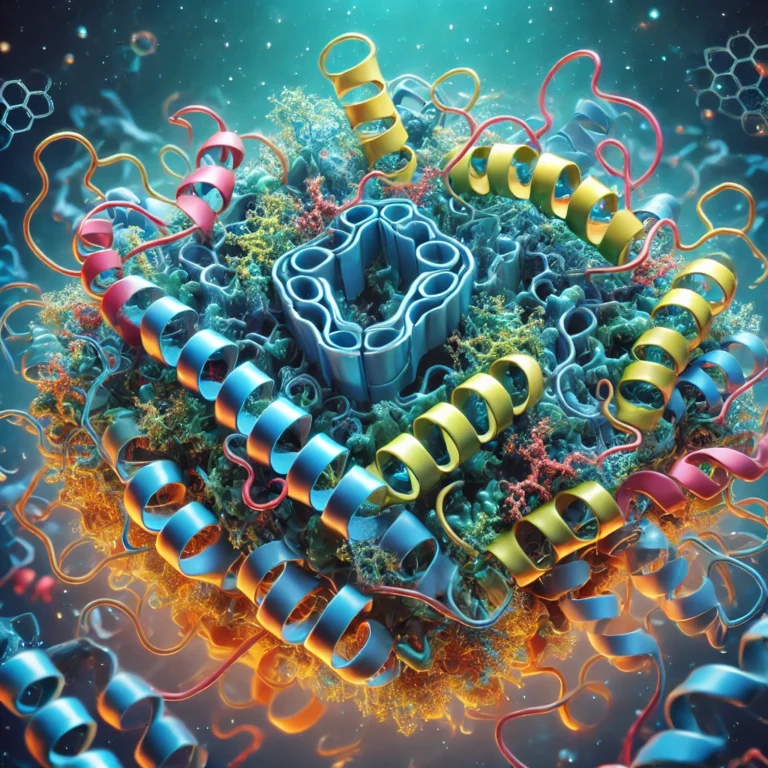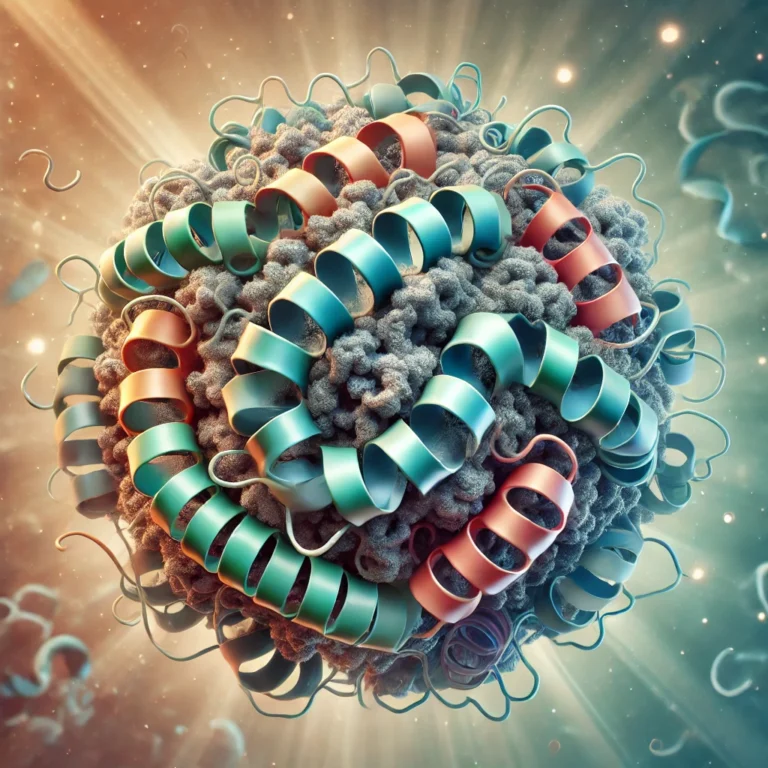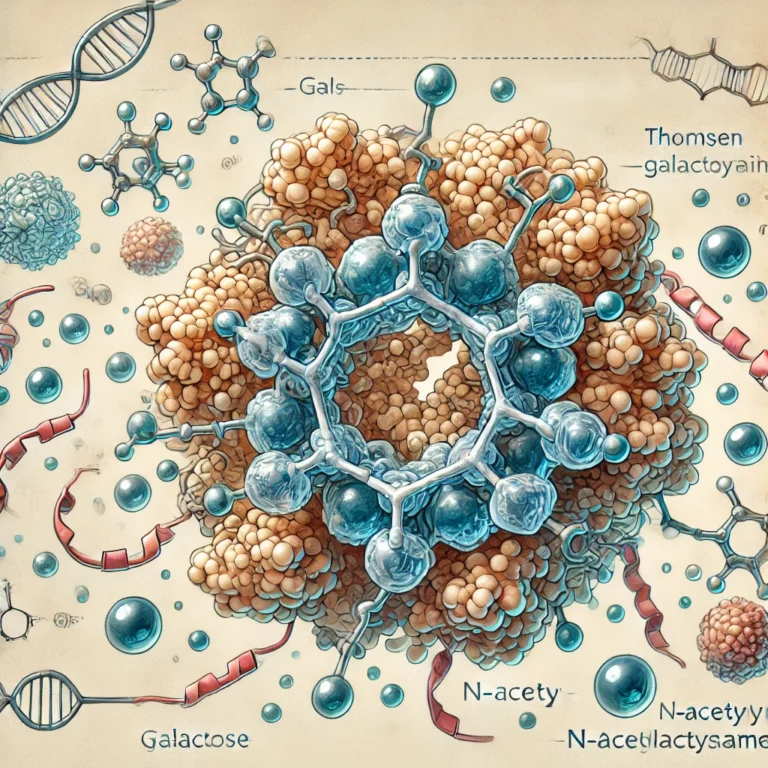MUC1 (Mucin 1)
- Used for: Breast cancer, ovarian cancer, pancreatic cancer.
- Why it’s good: Overexpression of MUC1 is seen in many cancers, making it a broad biomarker.
- Limitation: It can be elevated in non-cancerous conditions as well.

CEA is a cell adhesion molecule normally produced during fetal development. In adults, it is usually undetectable in the blood, but it may be re-expressed and elevated in certain cancers, including colorectal, gastric, pancreatic, breast, and lung cancers (Vrba et al., 1975). 🧪 Diagnostic Applications 📈 Prognostic Value 🧪 CEA in Non-Gastrointestinal Cancers 🧪 CEA…
Circulating Tumor DNA (ctDNA)

KRAS mutations are among the most common oncogenic drivers in human cancers, notably in pancreatic, colorectal, and lung cancers. The KRAS gene encodes a protein that functions as a molecular switch, regulating cell growth and division. Mutations, particularly at codon 12 (such as G12D), impair the protein’s GTPase activity, leading to uncontrolled cellular proliferation. KRAS…

Alpha-Fetoprotein (AFP) is a well-established cancer biomarker with diverse clinical applications, especially in liver and germ cell tumors. Here’s a detailed summary of its biological role, diagnostic value, prognostic utility, and emerging therapeutic applications, based on recent studies: 🔬 What is AFP? AFP is a glycoprotein produced by the fetal liver and yolk sac. After…

The Thomsen–Friedenreich (TF) antigen, also known as CD176, is a disaccharide structure comprising galactose and N-acetylgalactosamine (Galβ1-3GalNAcα1-Ser/Thr). It serves as the core 1 structure in O-linked glycosylation of proteins. In healthy tissues, the TF antigen is typically masked by additional carbohydrate chains or sialylation, rendering it inaccessible to the immune system. However, in many cancer…
EGFR (Epidermal Growth Factor Receptor)